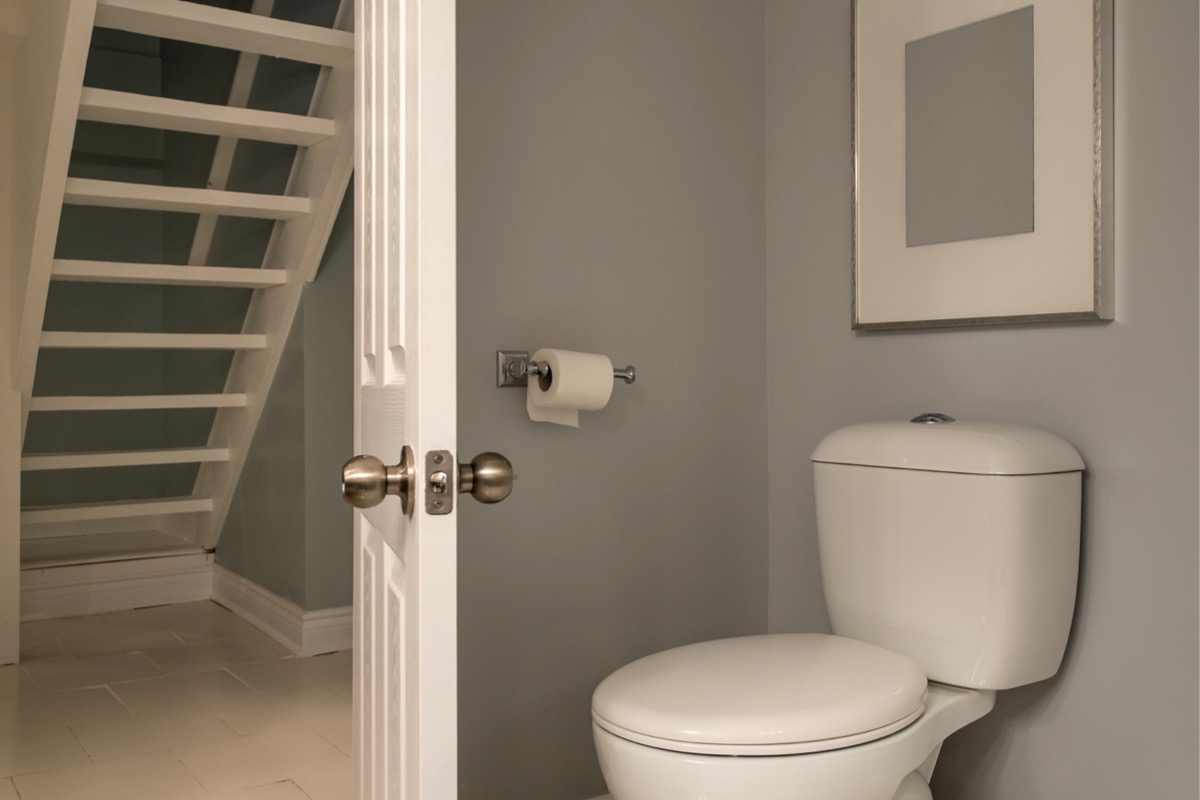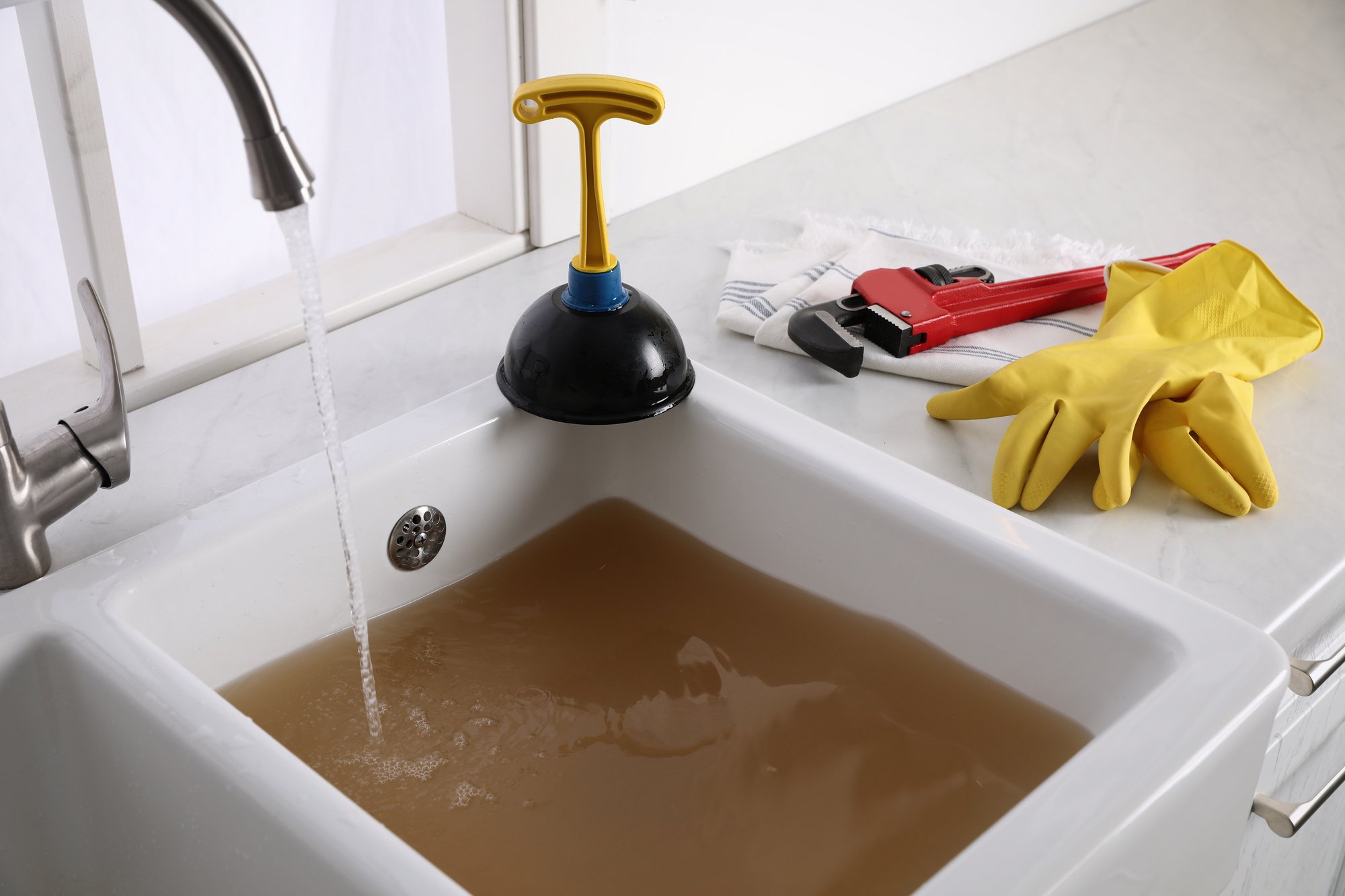Key Bathroom Plumbing Advice Every New Homeowner Should Know
Key Bathroom Plumbing Advice Every New Homeowner Should Know
Blog Article
Just how do you actually feel with regards to Plumbing Tips for New Homeowners?

For new house owners, understanding and keeping washroom pipes can conserve both money and time by stopping expensive problems down the line. Below are some crucial washroom pipes ideas to assist you keep whatever running smoothly.
Familiarize Yourself with the Main Shut-Off Shutoff
Recognizing where the major water shut-off valve is located in your house is important. This enables you to rapidly turn off the water supply in case of significant leakages or throughout pipes emergencies, avoiding extensive water damages.
Consistently Check for Leaks
Little leaks can bring about huge issues. Routinely examine under sinks, around commodes, and near plumbing components for any indications of leakages. Search for dampness, small drips, or rust. Capturing and fixing leakages early can stop extra significant damages and save water.
Don't Overlook Slow Drains Pipes
If your sink or bath tub is draining slowly, it's often an indicator of a blockage developing. Addressing this early can protect against a full obstruction. Use a bettor or a plumber's snake to clear out particles. Prevent using chemical drainpipe cleaners as they can damage your pipes over time.
Know What Not to Flush
Commodes are not garbage disposals. Avoid purging anything besides bathroom tissue and human waste. Products like wipes, womanly hygiene items, and cotton swabs need to be thrown away in the trash to stop obstructions and sewer back-ups.
Install Strainers in Drains
Location filters in your sink and tub drains pipes to capture hair and other particles before they enter your pipes system. Cleaning the filters routinely will aid protect against accumulation and maintain water flowing openly.
Maintain Your Water Heater
Guarantee your hot water heater is set to a proper temperature (usually about 120 degrees Fahrenheit) to avoid scalding and lower energy usage. Flush the container yearly to eliminate debris buildup, which can reduce the effectiveness and life-span of your heater.
Upgrade Your Components
If your home has older components, consider updating to much more effective versions. Modern toilets, showerheads, and faucets are created to make use of much less water while offering excellent stress, which can considerably minimize your water costs and environmental impact.
Be Cautious with Do It Yourself Pipes Repairs
While it's alluring to deal with all home repair services by yourself, be cautious with pipes. Some problems could require specialist knowledge, especially if they involve primary water lines or drain repair services. Working with a professional can sometimes be a lot more economical than DIY, particularly if it prevents further damage.
Prepare for Cold Weather
Shield your pipes from freezing during cold weather by insulating pipelines in unheated locations like cellars, attic rooms, and garages. Throughout severe chilly, allow cold water drip from taps offered by revealed pipelines to aid stop cold.
Arrange Routine Upkeep
Take into consideration organizing yearly assessments with an accredited plumbing technician. They can identify problems that you could miss out on, such as concealed leaks or wear and tear on pipes and components. Routine maintenance aids expand the life of your plumbing system and can avoid emergencies.
Conclusion
Recognizing and keeping your home's bathroom pipes can stop numerous common concerns. By adhering to these necessary pointers, you can guarantee your restroom remains useful and effective, saving you money and time over time.
5 Plumbing Tips for First-Time Homeowners
Know How to Shut Off the Water
In most homes, the water can be shut off at two places: at the appliance or fixture itself, and for the whole house. For instance, look under your sink or behind the toilet. See those little knobs that connect with the pipes? Those are the shut off valves for those fixtures. Simply turn them until the water is off. The main shut off valve (which controls water throughout your entire home) will be outside, where the water feeds into the structure. You might need a dedicated tool, such as a water shut-off key, to shut off the water at the main.
Build an Emergency Plumbing Kit
Everyone knows how important it is to have a high-quality plunger around the house. But there are other things that can help you out when issues arise with the pipes. Building an emergency plumbing kit to solve issues on your own is part of any list of basic plumbing tips. Consider adding these things to create a basic plumbing kit:
Adjustable wrench Tongue-and-groove pliers Screwdrivers Plumber’s tape Pipe sealant Duct tape Set of hex keys Clip light for working under cabinets Auger and hand snake Do a Little Research
Many small leaks can be handled by replacing a small part of the piping system, tightening part of a faucet, or even changing out an aerator. Take the time to browse how-to articles for common plumbing problems, such as a running toilet or slow-draining sink. You might be surprised to find how easy it can be to do simple things yourself, like replace a valve in the back of the toilet.
Keep it Simple With No Chemicals
If you have a clog, you might be tempted by the promises of liquid drain cleaner. While this might work at first, it actually causes more damage deep in the pipes, eventually creating even more problems down the road.
Instead, try using baking soda and vinegar to create a strong fizzing effect that can help break up clogs and clear gunk from drains. Follow it with boiling water to clean the pipes even more thoroughly.
Take Care of Your Garbage Disposal
Be cautious about what you put down the disposal. Avoid pouring in fats, oils, and grease, as these are a surefire way to get a clog. Beware of certain foods too, such as celery or bones, as they can lodge in the works. Always run the disposal with water flowing.
https://modernize.com/homeowner-resources/other/10-plumbing-tips-for-first-time-homeowners

Request A Quote Report this page